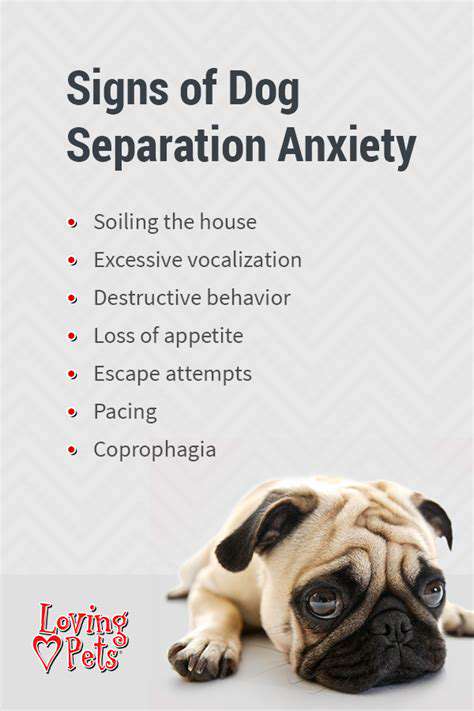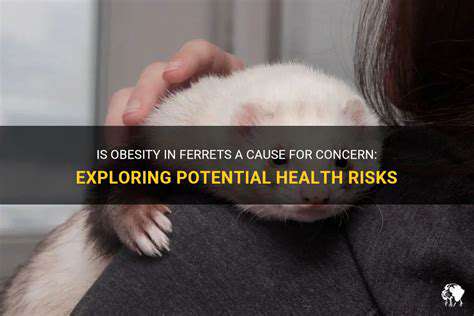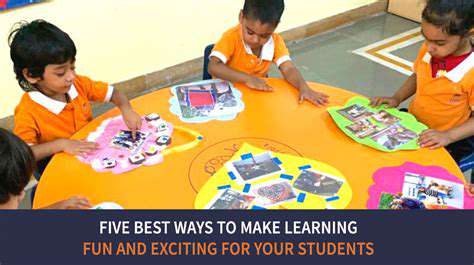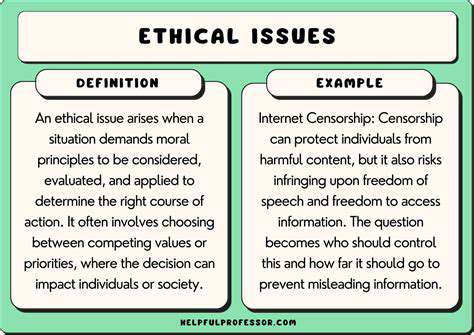The Story of How My Pet Taught Me Patience

Navigating the Initial Chaos
Bringing home a furry friend unleashes both joy and challenges. That first week feels like riding an emotional rollercoaster - one minute you're laughing at their antics, the next you're cleaning up accidents. What most new owners don't realize is that this adjustment period actually follows predictable patterns. Those midnight whimpers and hiding under furniture? Completely normal behaviors as your pup learns to trust their new world.
Building Trust Through Routine
Dogs thrive on predictability like we thrive on coffee. I created a puppy central station with their crate, water bowl, and favorite chew toys in the corner of my living room. The real game-changer came when I started setting alarms for potty breaks, meals, and play sessions at the exact same times daily. Within two weeks, my anxious rescue transformed into a confident companion who knew exactly what to expect from each day.
Decoding Canine Body Language
I'll never forget the day I misread my puppy's wagging tail as happiness when he was actually overstimulated. Now I watch for the subtle tells: ears pinned back means nervousness, while a low tail wag signals uncertainty. Learning these silent signals prevented countless misunderstandings and helped me respond to my dog's actual needs rather than my assumptions. This awareness turned our chaotic early days into harmonious coexistence.
Positive Reinforcement in Action
Treats became my secret weapon. Every time my pup chose the chew toy over my shoes, he got rewarded. When he stayed calm during nail trims, more treats appeared. This consistent positive reinforcement worked better than any scolding - soon he was offering good behaviors without prompting. The key was immediate rewards paired with enthusiastic praise to create strong mental connections.
The Waiting Game
Patience isn't passive - it's active trust in the process. Some days I felt like we'd never master leash walking, but breakthroughs always came right when I was about to lose hope. Consistency with training, even on exhausting days, built the foundation for our current unshakable bond. Now when we're out hiking together, I realize every frustrating moment was worth it.
Growing Together
Three years later, I still notice subtle changes in my dog's behavior that signal when he needs adjustments to our routine. This ongoing attunement has deepened our connection in ways I never imagined during those chaotic early days. What began as survival mode transformed into the most rewarding relationship of my life - proof that investing time and attention yields incredible returns.
The Struggle for Consistency: Learning to Embrace the Process

The Rhythm of Regular Practice
I used to binge-learn Spanish before trips, only to forget everything afterward. Then I committed to fifteen daily minutes - no more, no less. This modest but unbroken streak did more for my fluency than all my cram sessions combined. The brain thrives on steady exposure, building knowledge like layers of sediment rather than flash floods that quickly erode.
Bouncing Back From Slip-Ups
When I missed three gym days during finals week, old me would've quit entirely. New me analyzed what went wrong and created contingency plans. The difference between failure and growth lies in how we respond to interruptions - with self-punishment or strategic adaptation. Now I plan recovery weeks with lighter goals for predictable busy periods.
Customizing Your Approach
My color-coded study schedule looked impressive but felt oppressive. Then I discovered I learn best through teaching others. Ditching the perfect system for one that matched my natural tendencies made consistency effortless. Sometimes the most effective method is the one you'll actually use, not the one that looks best on paper.
Time Management That Works
Block scheduling transformed my productivity. I group similar tasks into themed days - writing Tuesdays, research Thursdays - minimizing mental gear-shifting. Protecting my peak energy hours for deep work while handling admin during slumps maximizes every day's potential. It's not about having time, but making time for what matters.
Crafting Your Ideal Environment
My focus nest contains everything I need within arm's reach: reference books, healthy snacks, noise-canceling headphones. Eliminating friction points makes starting easier than not starting. When motivation wanes, my environment carries me through until momentum returns.
Sustaining Drive Long-Term
I track progress in a journal, celebrating small wins along the way. Noticing incremental improvements fuels motivation better than distant finish lines. When I feel stuck, rereading early entries shows how far I've come - the ultimate encouragement to keep going.
The Rewards of Patience: A Rewarding Partnership
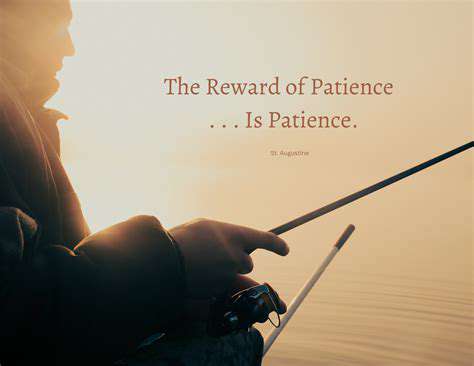
The Slow Bloom of Personal Growth
Real change unfolds like a time-lapse of flowers blooming. My meditation practice felt pointless for months until I suddenly noticed calmer reactions to stress. Patience allows growth to happen at its own pace, beneath our conscious awareness. Now I trust the process even when immediate results aren't visible.
Deepening Connections Over Time
My closest friendship took years to develop its current depth. Early misunderstandings could have ended it, but giving each other space to grow transformed superficial camaraderie into unshakable trust. The richest relationships are slow-cooked, not microwaved.
Compound Interest on Goals
Writing my novel felt like pushing a boulder uphill for two years. Then chapters started flowing as past efforts compounded. Breakthroughs come when preparation meets patience - often long after we expect them. Now I work with quiet confidence, knowing seeds planted today will bear fruit in their season.
Patience as Stress Antidote
When traffic gridlocks or projects stall, I've learned to ask: Will this matter in five years? This perspective shrinks frustrations to manageable size. Most stressors are temporary blips in our larger story - patience helps us ride them out without unnecessary drama.
Read more about The Story of How My Pet Taught Me Patience
Hot Recommendations
- The Story of How My Pet Taught Me Patience
- Cat Training 101: Basics & Tips
- Top Brands for Hypoallergenic Cat Food
- Understanding Kitten Meowing: What It Means
- Understanding Dog Barking: Why and How to Stop
- How to Create a Safe Haven for Stray Cats
- How to Teach Your Dog to Roll Over
- Guide to Training Your Dog Off Leash
- Bringing Home Multiple Pets: Introduction Tips
- How to Administer Pet First Aid for Cuts
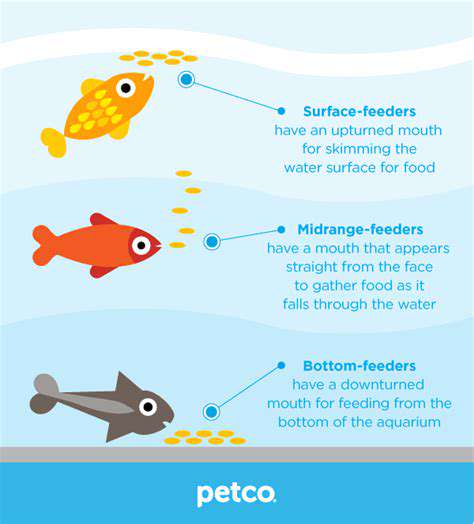

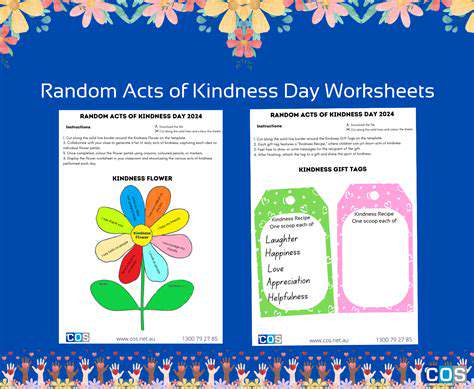
![Best Pet Strollers [For Seniors or Injured Pets]](/static/images/33/2025-05/ImportantConsiderationsBeforePurchase.jpg)
